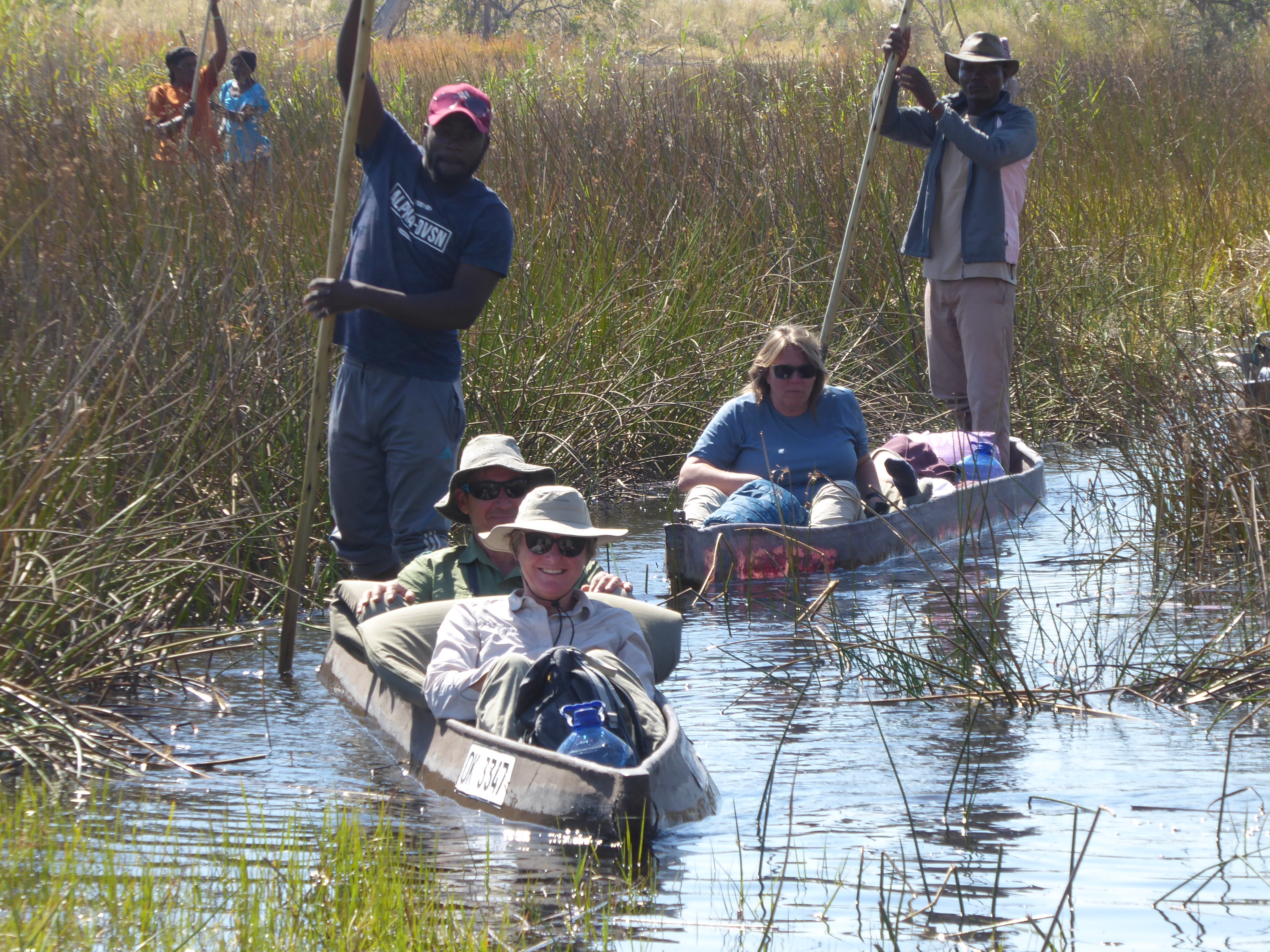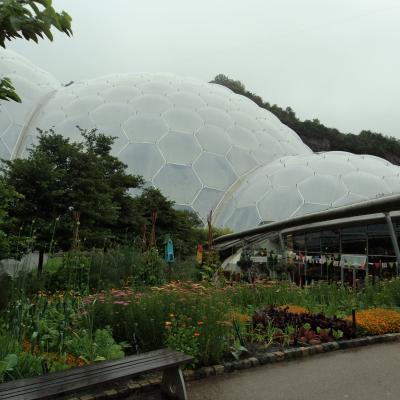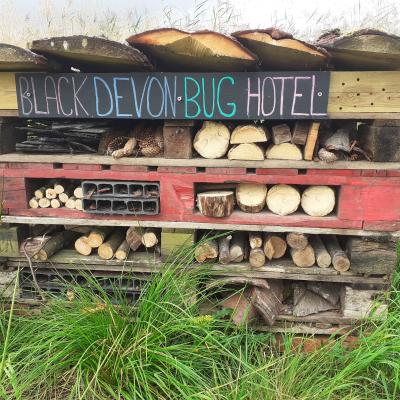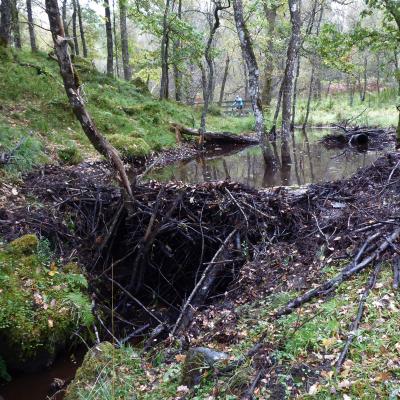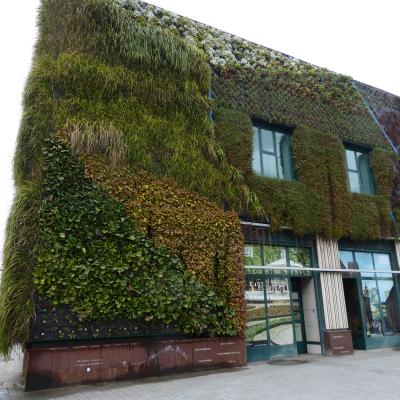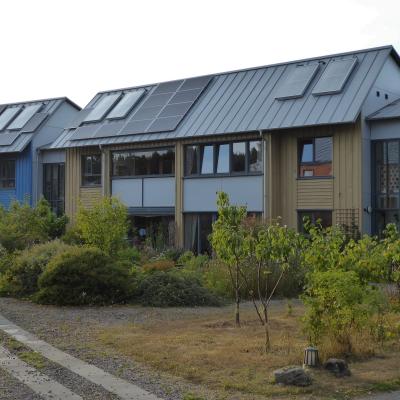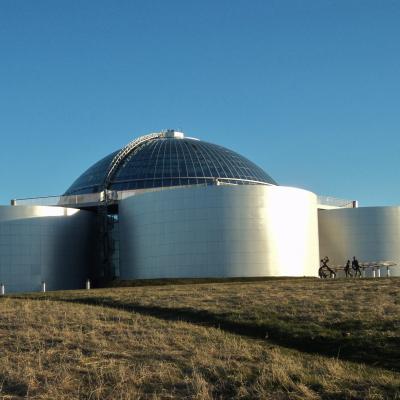What role do communities have in tackling our climate and nature crises? Read on to find out.
In my book, Carbon Choices, I identify five common-sense principles to tackle climate change:
- Be fair across current and future generations
- Price carbon pollution
- Consume carefully, travel wisely
- Embrace efficiency, avoid waste
- Nurture nature
Community is a theme that runs across these. Climate change can be tackled by governments, business or individuals; but communities can aggregate individual action to place pressure on, or support, action by government and business.
For example, when the rush to erect wind farms was at its peak, Local Energy Scotland helped the village of Fintry to negotiate with the multi-national developer. The community now owns one of the 15 turbines erected. This far sighted decision brings a steady flow of income into the village - to refurbish community owned buildings, give energy advice to householders and to install home insulation. The wind farm developer benefitted from engaging with a supportive community. But community energy requires time, money, effort and patience, and is not always successful. Its growth has been hampered by constant changes in the available subsidies.
Not everyone has the time, skills or inclination to develop community energy. But most schemes also need financial support and one way of raising this is through crowd funding campaigns. These can be promoted to provide people with a vested interest in local developments. The best schemes also return some of the ‘profits’ to local communities.
In my local town of Dunblane, a social enterprise has set up Weigh Ahead. Its aim is to eliminate the need for packaging, particularly single-use plastics. The shop weighs the customer’s own containers, fills them with goods such as rice or pasta, and then re-weighs them to calculate the amount due. A charity runs the shop and local people contributed to its start-up costs through a crowd funding campaign. Again, the aim is to provide a socially beneficial service.
I took the above photograph in the Okavango Delta, Botswana. Here, local people control tourism. This helps to pay for education and social improvements whilst the local community has a vested interest to protect their environment and wildlife for the long term. This actively discourages poaching.
In my view, community environmentalists are well placed to put pressure on politicians and businesses and to mobilise local people to do things that impact their lives and local environment. Examples include community litter picking, tackling invasive species, local food projects and encouraging local biodiversity through woodlands, ponds and gardens.
Amidst all the bad news, these community initiatives demonstrate that there are grounds for hope - this popular science book concludes with a green action plan for government, business and individuals to make better Carbon Choices.
Carbon Choices
If you have enjoyed this blog, please share with others on social media. You might also enjoy Carbon Choices on the common-sense solutions to our climate and nature crises. Available direct from me or from Amazon. I am donating one third of profits to rewilding projects. I am also available to give presentations on 'rewilding' or on the 'common-sense solutions to our climate crisis'.
